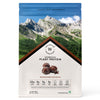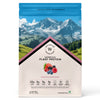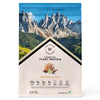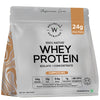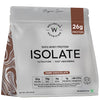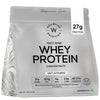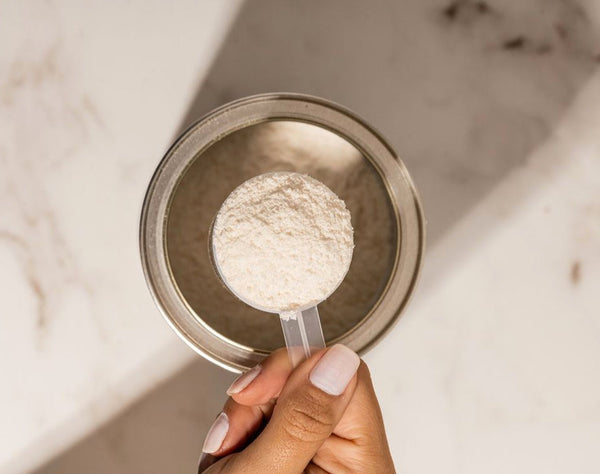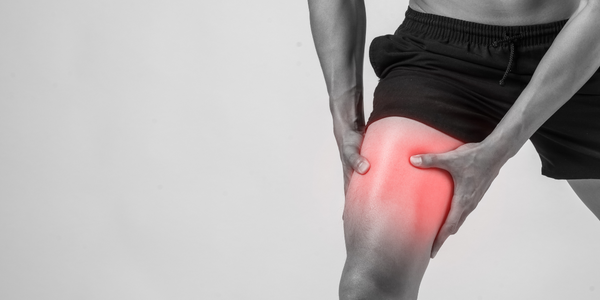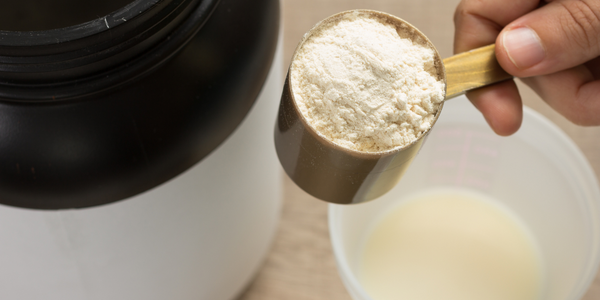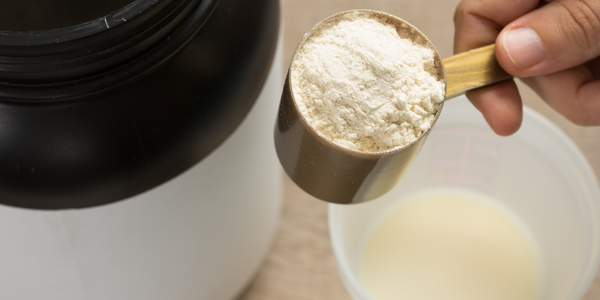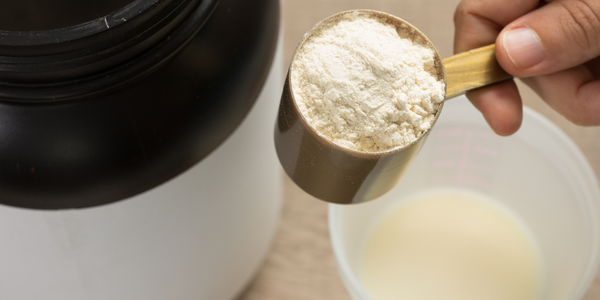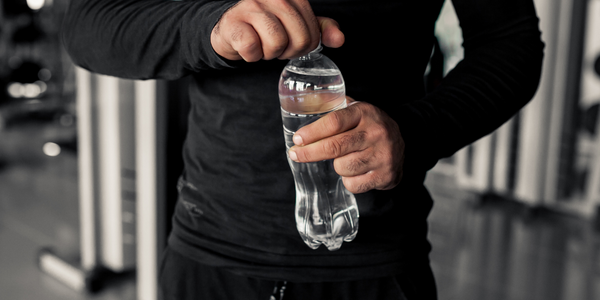Aging is inevitable, but losing muscle? That’s something you can control. After 50, our bodies naturally start to experience muscle loss, a process known as sarcopenia. But here’s the good news—you can fight back. One of the most effective ways to prevent muscle loss and even support muscle-building over 50 is by paying close attention to your protein intake.
Why Protein Is Essential for Muscle Health After 50
Protein is more than just a macronutrient; it’s the building block of muscle. As we age, our bodies become less efficient at utilizing protein for muscle repair and growth. Studies show that individuals over 50 need higher protein intake than younger adults to maintain muscle mass. [NIH]
Adequate protein consumption is crucial to gain muscle mass after 50 years and prevent muscle loss. Without enough protein, the body starts breaking down muscle tissue at a faster rate, leading to decreased strength, reduced mobility, and an increased risk of falls and fractures. This is why ensuring a steady intake of protein is vital for overall health and longevity.
How Much Protein Do You Need?
Experts recommend that individuals over 50 years consume 1.0 to 1.3 grams of protein per kilogram of body weight per day. For a 75 kg adult, this equates to approximately 75 to 97.5 grams of protein daily. [NIH] However, protein needs may vary based on activity level, overall diet, and specific health conditions.
To ensure optimal protein absorption, it's best to distribute intake evenly throughout the day. Instead of having one large protein-heavy meal, aim to include a protein source in each meal and snack to maximize muscle protein synthesis.
Best Protein Sources for Muscle Health After 50
The quality of protein matters just as much as the quantity. Here are some top-tier sources:
1. High-Quality Whole Food Sources
-
Lean meats & poultry – Chicken, turkey, and lean beef provide complete proteins with essential amino acids.
-
Fatty fish – Salmon, tuna, and sardines not only offer protein but also omega-3 fatty acids, which support muscle health.
-
Eggs – A powerhouse of nutrients, eggs contain leucine, a key amino acid for muscle protein synthesis.
-
Dairy products – Greek yogurt, cottage cheese, and milk provide high-quality whey protein, which is rapidly absorbed.
-
Legumes & lentils – Ideal for plant-based diets, these are rich in protein and fiber.
-
Nuts & seeds – Almonds, walnuts, chia, and flaxseeds offer protein along with healthy fats.
-
Whole grains – Quinoa, farro, and amaranth provide plant-based protein and essential nutrients that aid in muscle recovery.
2. Protein Supplements: A Smart Addition
If meeting daily protein needs through diet alone is a challenge, protein supplements can help bridge the gap. They provide a convenient, easily digestible source of protein, especially post-workout or in the morning. Options include:
-
Whey protein – Fast-absorbing and ideal for muscle recovery.
-
Plant-based protein – Pea, rice, or soy-based proteins are excellent alternatives for those avoiding dairy.
-
Collagen peptides – Beneficial for muscle, skin, and joint health.
-
Casein protein – A slow-digesting protein that provides a steady release of amino acids, making it great for nighttime recovery.
Protein supplements can effectively enhance muscle strength and recovery in older adults. However, they should complement a balanced diet rather than replace whole food sources of protein.
Ways to Manage Muscle Loss and Build Strength
Increasing protein intake is just one piece of the puzzle. Here are additional strategies to maintain and build muscle after 50:
-
Increase protein intake – Ensure each meal includes a protein source to continuously fuel muscle repair.
-
Strength training – Combine resistance exercises with protein-rich nutrition for optimal muscle maintenance. Weightlifting, bodyweight exercises, and resistance band workouts are excellent choices.
-
Time your protein intake – Spread protein consumption throughout the day to maximize muscle synthesis. Aim to consume protein within 30-60 minutes post-workout to optimize recovery.
-
Don’t forget essential nutrients – Pair protein with calcium, vitamin D, and omega-3s for holistic muscle health after 50. Vitamin D is crucial for calcium absorption, while omega-3s help reduce inflammation that may contribute to muscle loss.
-
Stay hydrated – Protein metabolism requires adequate water intake. Dehydration can impair muscle function and recovery.
-
Prioritize sleep – Muscle repair happens during sleep, so ensure you're getting at least 7-9 hours of quality rest each night.
-
Reduce stress – Chronic stress increases cortisol levels, which can accelerate muscle breakdown. Incorporating relaxation techniques like meditation, yoga, or deep breathing can help maintain muscle health.
Common Myths About Protein and Aging
-
Too much protein is bad for your kidneys.
Unless you have pre-existing kidney disease, a higher protein intake is not harmful to kidney function. In fact, adequate protein intake is essential for preserving muscle mass and strength.
-
Older adults don’t need as much protein.
Aging bodies require more protein, not less, to counteract muscle loss and support overall health.
-
You only need protein after a workout.
While post-workout protein is beneficial, spreading intake evenly throughout the day is key to maximizing muscle protein synthesis.
-
Plant proteins aren’t as effective as animal proteins.
While some plant proteins may be lower in certain essential amino acids, consuming a variety of plant-based sources can provide a complete amino acid profile.
The Bottom Line
Aging doesn’t mean losing muscle has to be a given. By prioritizing high-quality protein sources, incorporating protein supplements, and maintaining an active lifestyle, you can gain muscle mass after 50 and keep your body strong for years to come.
Making small, consistent changes to your diet and exercise routine can have a significant impact on muscle health and overall well-being. Whether it’s adding an extra serving of protein to your meals, trying a new strength-training routine, or ensuring proper hydration, every step counts toward maintaining strength and vitality.
Your future self will thank you for every protein-packed meal and every rep at the gym. After all, strength isn’t just about how much you lift—it’s about how well you nourish your body. Stay strong, stay active, and fuel your body with the nutrients it needs to thrive at any age.








